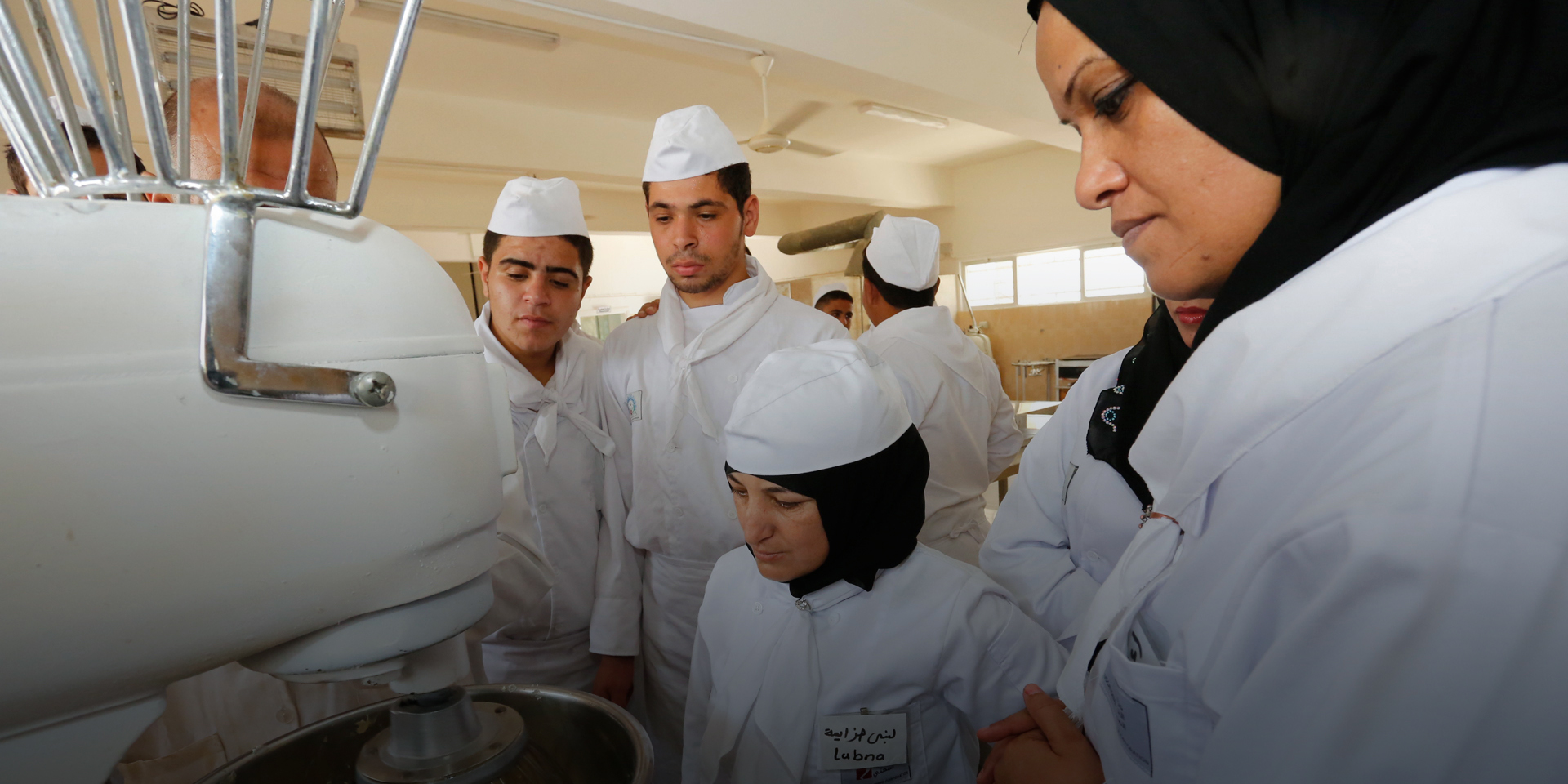
Making Market Development Work When Crisis Hits
September 12, 2016 | 3 Minute ReadOn September 20, Chemonics attends the 2016 Annual SEEP Conference to discuss how market development projects can weather crises.
This blog post originally appeared on SEEP’s blog. Chemonics is a proud member of SEEP.
Picture this: Your market development program is going well. Your strategy aligns with the national government’s objectives. Your donor is happy. Business owners are happy. People are getting jobs and earning income. The market is growing.
And then a crisis hits. The market dries up. Job growth grinds to a halt. The government changes its strategy.
What do you do?
Market development can be challenging in the best of times, given the complexity of market systems. It becomes even more challenging when a crisis hits. Conflicts, outbreaks of diseases, and natural disasters bring with them immediate, and sometimes long-lasting, changes to the economy. Demand for certain products and services can disappear, leading to job and income loss. Meanwhile, demand for other products and services can increase significantly, outstripping the available supply. Certain types of work may no longer be viable, while other types of work become more necessary.
It could be argued that markets will correct themselves and that entrepreneurs are, by their very nature, adaptable and resourceful, and will therefore survive the crisis. However, we know that the reality can be quite different. Development programs can play a critical role in helping entrepreneurs — and markets themselves — analyze, adapt, and overcome the challenges brought on by crises.
Working and learning together at #SEEP2016
Join us at the SEEP Network Annual Conference on September 20 for the Peer Learning Session “Market Development Before, During, and After Conflicts and Crises” to hear from practitioners and counterparts from Jordan, Sierra Leone, and Gaza about how they responded when conflicts and crises affected their market development efforts. We will engage in a lively conversation with Ibrahim Osta (@IbrahimOsta), Chief of Party of the USAID Jordan Building Economic Sustainability through Tourism (BEST) project (@SiyahaJordan), implemented by Chemonics (@Chemonics); Omar Banihani, Marketing Manager of the Jordan Tourism Board, North America (@JordanNorthAm); Wafa Ulliyan, Deputy Mission Director of Mercy Corps (@mercycorps); and Kim Beevers, Technical Director of Adam Smith International’s (@AdamSmithInt) Sierra Leone Opportunities for Business Action (SOBA) program (@SOBASierraLeone).
With perspectives from the USAID BEST project and the Jordanian Tourism Board, we’ll learn how tourism market development strategies have changed since the Arab Spring and Syrian conflict. From Sierra Leone, we’ll look at the practical ways that the SOBA project has dealt with the impacts of the Ebola crisis, while keeping a focus on long-term market development. And from Gaza, we’ll discuss Mercy Corp’s pivot from economic development to recovery following the 2014 conflict.
Together the speakers will explore how, in the face of crises, programs (and their donors) had to accept the fact that job creation was no longer a realistic goal and shift their focus to more realistic goals such as job retention. In addition, the speakers will share their experiences with interventions that are designed to prevent further backsliding of the market rather than interventions to build the market.
In addition, we’ll talk about borrowing techniques from economic recovery programming, and how you can also simultaneously engage in traditional market development alongside recovery-oriented interventions. Our speakers look forward to exploring answers to pressing questions about market development in crisis affected areas, including:
- When conflict or crises impacts your work, how can you shift your programmatic goals?
- How do you respond when the national government’s priorities change as a result of conflict or crisis?
- When conflict or crisis changes market dynamics, how can you find good opportunities for job growth and income generation?
If these questions are relevant to you, register for the conference now — we’d love for you to join us in this engaging learning session and contribute your experience and ideas.




















